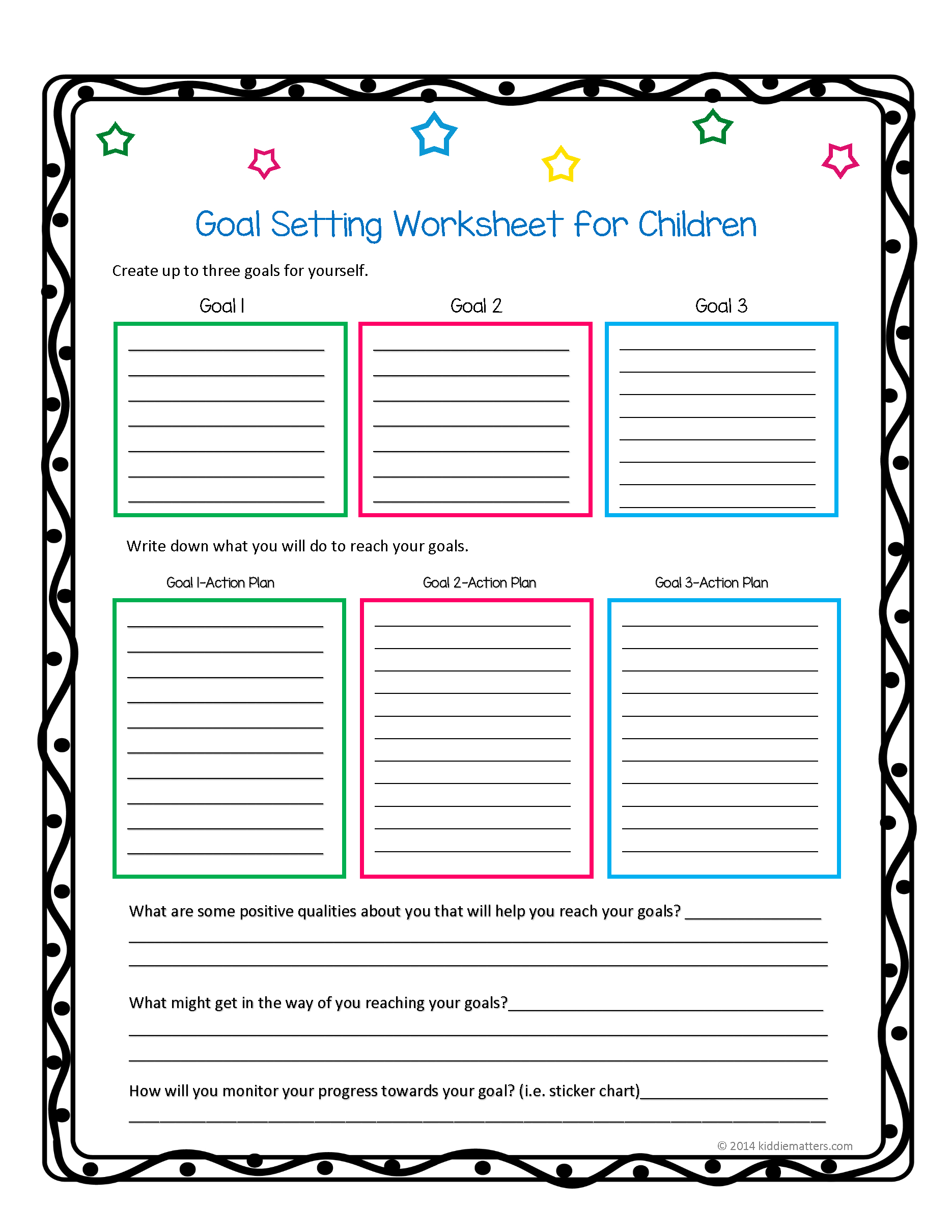

“I want to publish a short story in a literary magazine.”.“I want to publish a book before I’m 50.”.

“I want to find a literary agent to represent me.”.“I want to traditionally publish my novel.”.“I want to write a short story collection united by a cohesive theme.”.“I want to write an account of my family history for my children to keep.”.“I want to share my personal journey by writing a memoir.”.Here are a few examples of writing goals to give you some inspiration. Take a moment and privately note what writing accomplishment would make you truly happy. Publishing success takes many forms - there's no right or wrong answer. In your most private thoughts and dreams, protected from criticism and the expectations of others, what do you see yourself achieving? There's no judgment here.ĭo you see yourself stepping onto a podium, accepting a multi-million dollar book deal to the sound of applause? Are you clutching a printed copy of your published novel for the first time? Or maybe you see a way through the fog of poor mental health - into a routine where writing is your joyful outlet? Establish your long-term writerly ambitions Let us diagnose the cause of your writer's block with our 1-minute quiz.Īrmed with self-awareness and realistic expectations, let’s work towards some goals. If you're not sure what's stopping you, our 1-minute quiz will help you diagnose the root of your writer’s block. So, what’s brought you here? In some way, are you suffering from writer’s block? What’s stopping you right now?īecause you're reading this guide, we can assume you want to write but are struggling to do so.

Now that you’ve compiled this information about yourself, there's one more tough question to face. Knowing your availability doesn't make writing harder it just helps you set realistic goals that are more realistic, saving you disillusionment and disappointment down the road. You might initially be discouraged, especially if your week is crowded with commitments and obligations. Aside from work, sleep, house chores, or childcare, what activities take up your leisure time? Do you have any weekday evenings free, or are your weekends the only time you have to yourself? Which activities could you minimize or occasionally sacrifice to make time for writing? Keep a log of what activity takes up each hour.Īt the end of the week, review this table. Try this spy game: for a week, track how you spend your time from Monday to Sunday. How much time can you dedicate to your writing?
MANUSCRIPT WRITING SETTING GOALS HOW TO
We’ll look at how to set such goals for yourself later on in the post. Just as sprinters don't wear hiking boots, writers must set goals that accommodate their temperament and circumstances.įind a writing resolution you deem achievable: 100 words daily? 500 per week? Ideally, it should challenge you but is still within your reach. But if you are overwhelmed, try fitting your goal-setting to your personality. If someone told you that “writing 500 words a day means you’ll have 15,000 words of your novel written in a month’s time,” which of those two feelings do you lean towards? A heavy sinking feeling, a doubt that this is possible. The rush of possibility, where you glimpse a future when you accomplish your dream through determination and hard work. There are two common emotional responses to being given a goal: For now, let’s think a little deeper about what types of goals excite you or freak you out. We’ll use this insight to inform your goal-setting later on. Would you feel excited or stressed? If it’s the latter, you’re likely a planner.

Were you following a plan or free-writing? If you’re unsure, imagine someone handing you a piece of paper and pen right now and asking you to try a bit of creative writing. Think back to the last time you wrote in a flow state, where you were completely dialed in, and words poured out of your pen (or keyboard). So which are you: a planner or someone who flies by the seat of their pants? Someone who writes with a detailed outline will approach their goals differently from "discovery writers" who start with a vague idea and then follow their intuition. Set writing goals that are useful to you by taking stock of what you know about yourself: what type of writer are you? How do you react emotionally when faced with concrete goals? And when can you realistically squeeze some writing into your schedule? Are you a pantser or a planner? Each person responds differently to goal-setting.


 0 kommentar(er)
0 kommentar(er)
